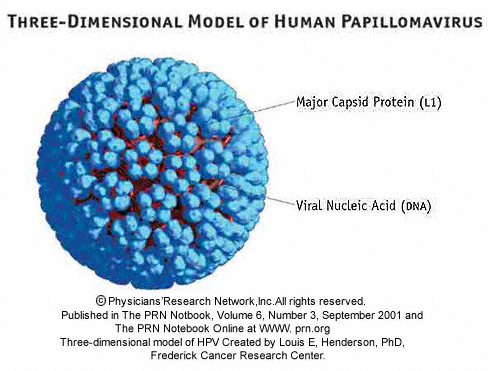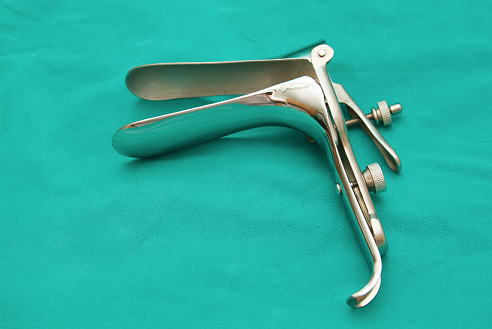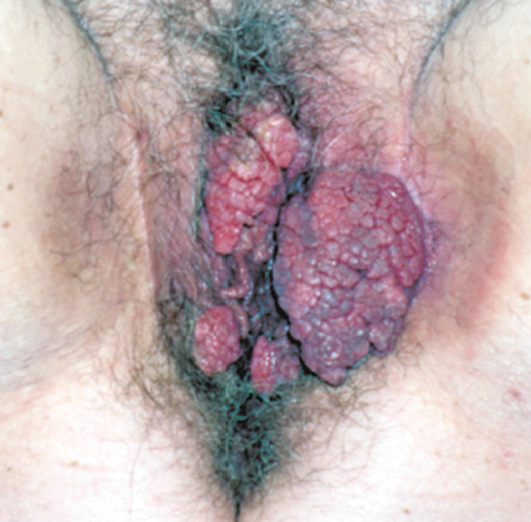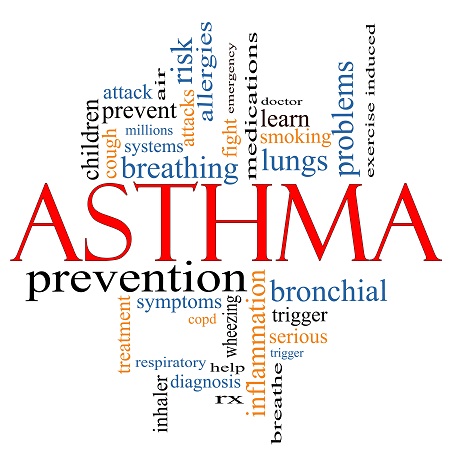Constipation and Pregnancy
What is it?
Constipation is abdominal pain associated with difficult and infrequent bowel movements accompanied with passage of hard stools. Unfortunately, about half of you reading this post will experience this during your pregnancy.
Causes:
Hormonal Changes: the hormones of pregnancy slow down intestinal motility and gastric emptying. This helps your body absorb more of the food you eat, which is great for the pregnancy/baby, but creates other issues for mom.
Iron Supplements: These can cause nausea, vomiting, diarrhea, and of course constipation. They are best absorbed when taken with Vitamin C, so take your supplements with a glass of orange/apple/mango… juice. They are absorbed poorly when taken with milk, calcium pills/Tums, or antacids. There are different formulations available that may have less constipation; talk to your provider for the supplement that is best for you.
Hypothyroidism: Not often considered, but is associated with constipation too. Have your TSH (thyroid stimulating hormone) level checked by your provider, if it is elevated, you may have early, or true hypothyroidism. Hypothyroidism is also associated with fatigue, weight gain… many symptoms that mimic pregnancy symptoms. It is difficult to assess if you have hypothyroidism clinically; you need to check the labs.
Dehydration: Because pregnancy is associated with slow gastric emptying, and decreased intestinal motility, you need more water in your diet. Soda, offee, tea, caffeine, energy drinks…all are associated with dehydration. Skip these drinks, and stick with water only, and lots of it. You may spend more time in the bathroom having to urinate, but its better than the alternative!
Diet: You are what you eat! You’ve heard this a million times, and it applies during pregnancy as well. Mind over matter! Your baby did not ask you to eat the cheesecake, or the entire pizza, or the dozen donuts on the way to your doctor’s
office! Cravings have a place in your pregnancy, but so does common sense. Your gut is actually filled with bacteria that help you with digestion of your food. What we have to realize is that there is a delicate relationship between the bacteria in your gut, and the food we eat. Preservatives, artificial processed food, high carbohydrate diets….these all
change the ideal environment in your gut, and that causes changes to these bacteria as well. Some diets cause an overgrowth of the bad bacteria, and these lead to abdominal pain, excess gas and bloating, and possibly diarrhea and/or constipation. These symptoms are often associated with irritable bowel syndrome or IBS. For women, changes in your menstrual cycle alone may cause changes in these bacteria and cause the symptoms of IBS.

Lack of Exercise: Your body is the combination of all its moving parts: if you don’t exercise, your muscles become tagnant. Exercise stimulates your bowels too. Pregnancy should be supplemented with at least 30 minutes of exercise daily; consider it your ultimate daily medicine. Lack of exercise during pregnancy can be associated with excessive weight gain, increased fatigue, gestational diabetes, and of course constipation. At least 30 minutes of mild exercise daily is recommended during pregnancy; walking, swimming, jogging…talk to your doctor about the recommendations for pregnancy and what is safest for you.
How if Affects the Baby
Constipation does not affect your baby.
How if Affects the Pregnancy
Constipation can be annoying, and if not treated early, can be quite painful for the mother. Your bowels are constantly moving in a wave, and it moves the contents with these motions. If you have constipation, the waves keep crashing into a “clogged” outlet and this causes pain. Sometimes the pain can be as severe as that experienced with gallstones, or a ruptured appendix, and treatment involves disimpaction (manual removal of stool from the rectum). The key is to be roactive and prevent constipation from becoming that severe. Normal bowel movements include 1-2 times per day, or once every 2-3 days; everybody has a different definition of normal. But if you have increasing time between bowel movements and they are associated with increased straining, abdominal pain, and hard stools, then you need to be more proactive.
Treatment:
Hydration, hydration, hydration, water, water, water. Carry it in your purse, keep it in your car, drink it all the time!

Diet high in fiber: Insider tip: I tell all my patients, eat Raisin Bran for breakfast! If you have a lactose issue, or don’t like milk, use water or Almond milk. This is a great way to prevent the problem from starting. Lots of vegetables, and fruit, and cut down on processed foods: pasta, pizza, bread…donuts.
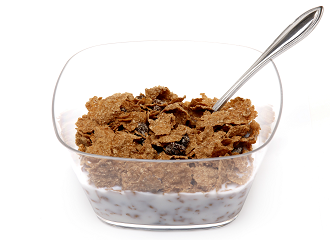
Exercise Routinely: If you are inactive, your gut will be inactive, but don’t forget #1, drink lots of water during your exercise regimen.
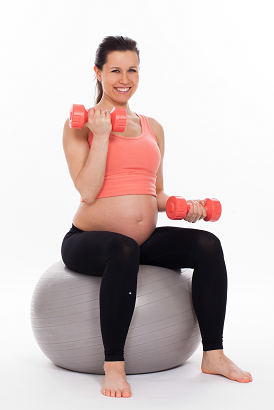
Supplements: If you need iron supplementation, or you find your prenatal vitamin is constipating, then consider a different formulation. If you split your iron dose in 2-3 doses, the side effects of constipation are minimal.

Metamucil: If you find that you are following all of these recommendations, and are still suffering from constipation, talk to your obstetrician about over-the-counter products such as Metamucil (Pregnancy Category B). These may help soften your bowel movements, promote motility, and decrease the incidence of constipation. Do not take laxative pills for constipation without consulting with your obstetrician first. Although these stimulate the gut, they also can cause uterine contractions.

Probiotics: Gut health is extremely important, and more studies confirm this. Eating yogurt daily, and/or taking a probiotic will keep your gut bacteria in good shape.
This blog post is presented to you by VSacharMD.com the worlds first and only cosmetic company that makes safe non-toxic cosmetics that can be used in pregnancy, or by anyone who wants safe cosmetics. Note this post is for entertainment purposes only, and is not meant to be taken in the place of medical advice. Discuss your condition with your obstetrician. Visit us at VSacharMD.com for more posts and information about our products.
Copyright V.Sachar MD 2014. All Rights Reserved.
No part of this may be reproduced without expressed approval from the author.
This blogpost is not to be considered medical advice and is for entertainment purposes only, consult your personal doctor before making any changes to your health care regimen.


